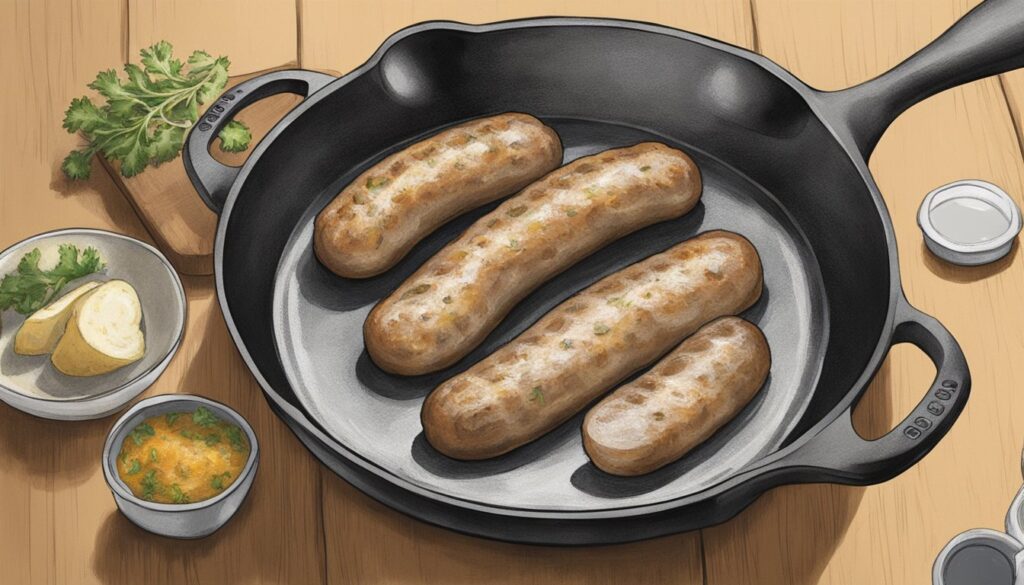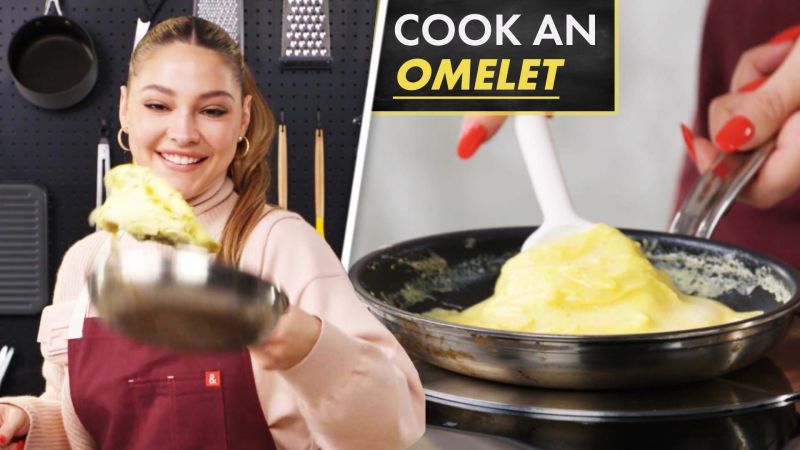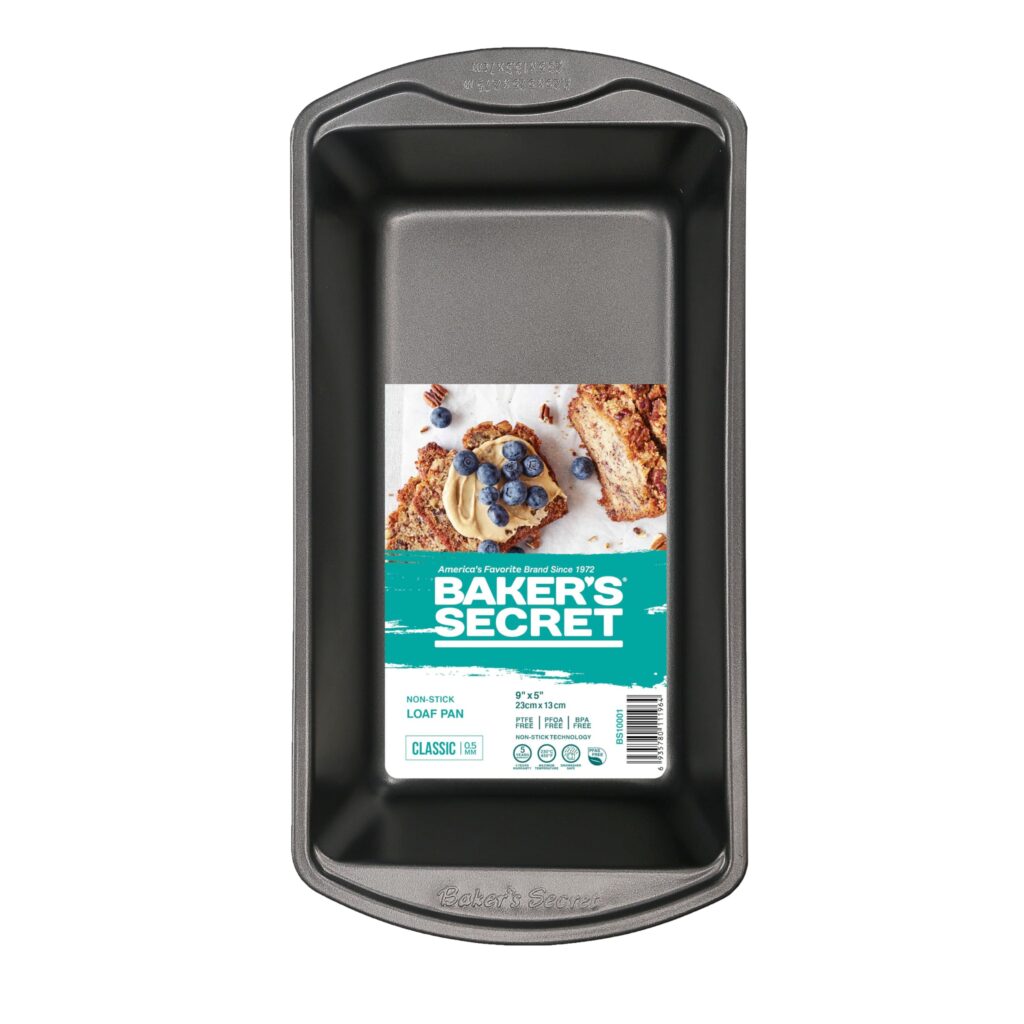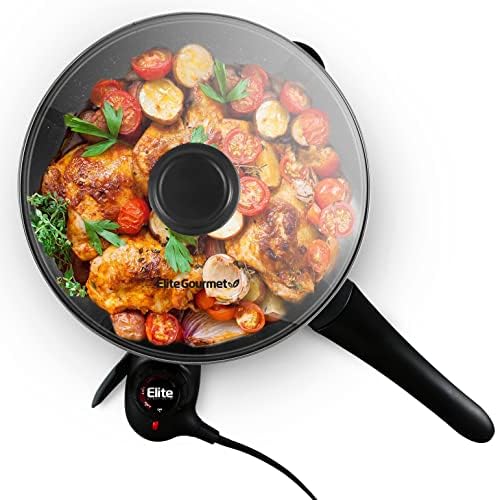Boiling water is an important step in making coffee. It helps get rid of the bitter taste and gives the coffee a better flavor. However, boiling water for too long can cause the coffee to lose its flavor. If you’re not sure how to boil water in an 1100-watt microwave, keep reading. We’ll teach you how to boil water in the microwave.
Table of Contents
ToggleHow long to boil water in 1100 watt microwave?
The cooking time for water in an 1100-watt microwave is about 1 minute and 15 seconds.
The boiling time also depends on the quality of the microwaves. The better the microwave, the less time it will take.
So, check the best 1100-watt microwave to find the best one.
The first thing you’ll want to do is place your water in a microwave-safe container and cover it with a lid. This will keep the steam from escaping during the boiling process.
Once your water is ready for the microwave, set it for 1 minute, and 15 seconds. Then press start! If you’re using a timer, set it for 1 minute, and 15 seconds, then add five seconds at a time until you get close to one minute and twenty-five seconds (or just set it for 2 minutes).
Once your timer goes off, take out your container of water with oven mitts or pot holders and put it on a trivet or other heatproof surface. Be careful not to burn yourself! Let the water cool down before drinking it or pouring it into another container.

Is it bad to boil water in the microwave?
There’s a lot of talk about boiling water in the microwave, and whether or not it’s safe. It’s important for you to know that boiling water in the microwave is not only safe, but it can actually make your life easier!
Here’s why:
Boiling water in the microwave will save you time. What takes 15 minutes on the stovetop can be boiled in two minutes in your microwave.
Boiling water in the microwave can also save you money. With less energy being used, there are fewer costs associated with heating up your water.
You’ll also save yourself from having to clean up a huge mess! Boiling water on the stovetop means dealing with hot splatters and spills that can potentially cause burns or mess up your kitchen. With boiling water in the microwave, you won’t have any of those issues!
Advantages of boiling water in microwaves
Boiling water in microwaves is a great way to make hot beverages. It’s fast, efficient, and doesn’t require much effort on your part. Here are some of the advantages of boiling water in microwaves:
- One of the biggest advantages is that it takes less time than other methods. You can boil water for minutes. It means you can get back to doing whatever else you need to do around the house or at work.
- Boiling water in microwaves also requires less effort than other methods. You don’t have to stand over a stove or monitor a pot on your stovetop for hours at a time. Instead, all you have to do is put your mug of water into the microwave and press start!
- Another advantage to using this method is that it’s environmentally friendly. No more wasting energy by heating up pots on the stovetop!
Risk of boiling water in microwaves
Boiling water in microwaves can be dangerous, especially if you aren’t careful. The reason for this is that the water will boil and then expand, which can result in cracks or holes in the microwave. This could lead to water leaking out of your microwave and damaging your kitchen or even worse, the entire house!
The best way to avoid this from happening is by using a pot holder or something similar when removing the cup from the microwave. This will prevent any burns from occurring while also preventing any damage to your microwave. If you do not have one available, it may be best to let the cup sit for several minutes after heating up before removing it from the microwave. This will allow it time to cool down so that there won’t be any problems when taking it out of the appliance.
Additional Tips for Safety
Boiling water in the microwave is a great way to make tea, coffee, hot chocolate, and more. Here are some tips for making sure your boiling water doesn’t boil over or burn you.
- Make sure that the glass of water is not too full. If it is, it will overflow when you put it in the microwave. This is dangerous and could cause a fire.
- Do not use a paper cup or plastic container to boil water in your microwave. These items may catch on fire if they get hot enough!
- Use a dish towel or oven mitt when picking up your mug; it will be very hot!
Is there a difference between boiled water and microwaved water?
Yes, there is a difference between boiled water and microwaved water.
Boiled water is heated for a specific amount of time in order to make it safe to consume. Microwaved water, on the other hand, is heated at a much lower temperature for a much shorter period of time. And as a result, does not kill bacteria like bacteria that might be present in boiled water.
The reason for this is that microwaves use electromagnetic radiation to heat food. On the other hand, boiling uses thermal energy from hot liquids. Because of this difference in heating methods, microwaves are able to heat foods faster than boiling can. It means they’re great for cooking things quickly like vegetables or reheating leftovers.
Final thoughts
The 1100-watt microwave can be used to boil water. The time it takes to boil water also depends on how much water is being boiled, as well as how full the container is. If you are boiling a large amount of water, it will take more time for the water to reach a boil.
If you are using an 1100-watt microwave, you can use these times as a starting point. As you become more familiar with your microwave and learn what works best in your particular situation, feel free to adjust these times accordingly.
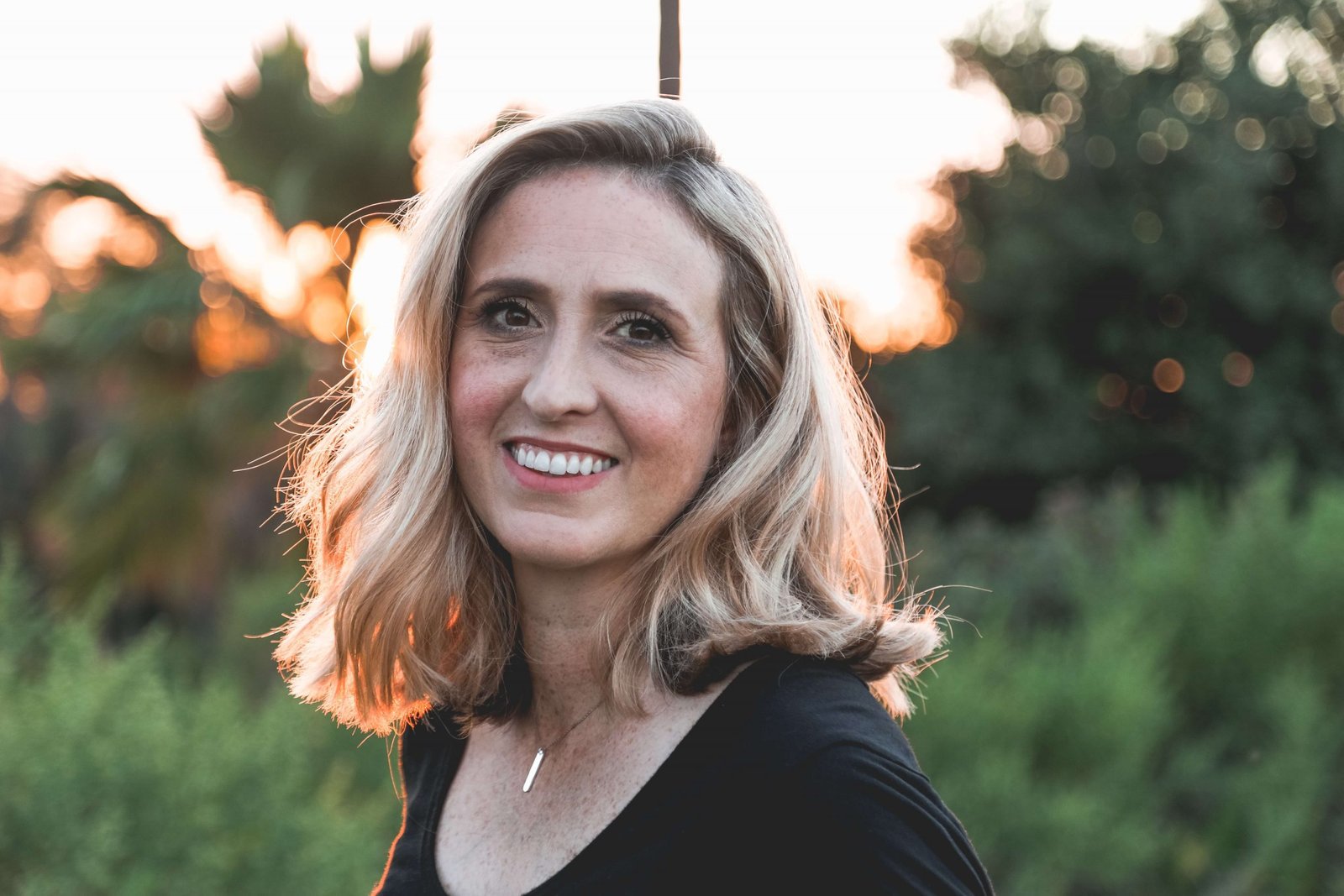
Hi, I’m Kimberley. I am a happy and adventurous person who enjoys writing about the finer details of the kitchen niche. My blog is where I can share all my thoughts and opinions with other passionate food lovers like me!
if you’re reading this then it’s probably safe to assume that you’ve stumbled across one of my blogs about the kitchen niche! I love writing informative blogs and review posts for those who are looking for a little bit more information before buying their next product.
Follow me on Twitter


